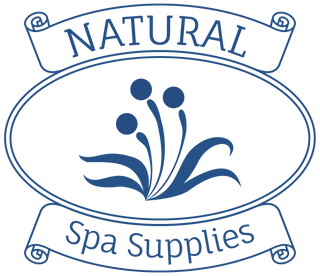The Microbead Problem
At last the world is waking up to the environmental problem cause by microbeads, tiny balls of plastic. First made in 1976 for medical purposes, their use crossed over into cosmetics and now trillions and trillions of these plastics are found in lakes, rivers, oceans, animals, our drinking water and food. But what are microbeads, why are they harmful and what are the alternatives? How can you use the alternatives? Even though at Natural Spa Supplies we have never supplied any products containing microbeads, we can help with the solution and our early experiments have proved fascinating. Follow our research and our nutty experiments…

microbeads
Microbeads are defined as synthetic polymer particles that, at the time of their manufacture, are greater than 0.1 µm and less than or equal to 5 mm in size. the most common polymers used are polyethylene, poly(methyl methacrylate), polytetrafluoroethylene, polypropylene, Nylon, and polyethylene.
These colourful, glistening plastics have been added to cosmetics and personal care products for their exfoliating property, their aesthetic qualities - and also to bulk out the products!
Microbeads have been found in scrubs/peelings, shower/bath products, facial cleaners, creams, deodorants, makeup foundations, nail polishes, eye colours, shaving creams, bubble baths, hair colourings, insect repellents, toothpaste, eye shadows, blush powders, hairsprays, liquid makeups, mascaras, baby products, lotions, and sunscreens. They are in other consumer uses/products too, including cleaning products and printer toner.
One use of a shower gel containing microbeads can release around 100,000 microbeads into the waste water. Because sewerage treatment plants in the UK haven’t been filtering them out, the plastics enter our rivers. Even at this point microbeads can enter our food chain where drinking water is sourced by the abstraction of river water; However, themajority of these polluting plastics are carried by the rivers out to sea.
Once in the sea, these microbeads attract pollutants such as pesticides and DDT making them extremely toxic. Mistaken by marine life for food, these tiny granules of plastic cause short and long term health and fertility issues. Microplastics don't biodegrade in time, they just reduce in size. As these plastic particles circulate all through the oceans and they are in our food and water chain and they are impossible to clear up.
The good news is that in January this year the UK government banned the use of microbeads in cosmetics and from this July it will be illegal to sell cosmetics containing microbeads. which are covered by the ban, but household cleaners and even childrens' cosmetics can still contain them - Although there has been a big move in the right direction, there is still a long way to go. We need a worldwide ban on all microbead containing products and a global paradigm shift in the way we use plastics.
Microbead Alternatives
What did people use in the past to bring exfoliating properties to toiletries or scrubbing properties to cleaning products? Many of the best, most sustainable and biodegradable exfoliants are the by-products of farming - Ground nut shells, coir and seeds.
Our Nutty Alternative to Microbeads
Soft but abrasive, naturally anti microbial, and with a 'clean' aroma, we have been experimenting with ground Walnut Shells for over a year.
Our Nutty Experiments with Walnut Shell Powder

Toothpaste Ingredient
We have added the
Walnut Shell Powder into our home made Green Clay toothpaste toothpaste with noticeable results for making the teeth look cleaner and brighter.
Exfoliating Ingredient
We have added the
Walnut Shell Powder at point of use while showering with our
Hemp Oil Soap for extra speedy exfoliation.
Cleaning Gardeners or Mechanics Hands
We have added our
Ground Walnut Shells at point of use while washing the hands after gardening to our
Hemp Oil Soap to remove ingrained dirt and oil, but without the skin damage and skin cracking that commercial hand cleaners often cause.
Power Cleaner Ingredient
In the kitchen I have premixed some of the
Hemp Oil Cleaning soap ready to clean my tea stained sink with the
Walnuts Shell Powder making my own Power Soap for more regular oven and hob cleaning and to keep up with our sink cleaning - we are enthusiastic consumers of loose leaf tea...We also brought a
Scrubby to the task - these are scouring cpad which look like an innocent flannel with their looped stiches - but the textile loops are in fact as hard as gypsum! They bring a new dimension to kitchen tasks!
Cleaning Mineral Films / Haze off Windows and Shower Screens
The pinnacle of the month has been in cleaning the hard water film off shower screens and the mineral film off exterior windows adding
Walnut Shell Powder to remove evidence of neglect at point of use to
Soap Nuts and Vinegar. Watch for how we use our
Nettle and Copper Exfoliating Glove for exfoliating the Skin and how we use our amazing multicoloured Scrubbies too. See our effective, non-toxic, rubber-glove free method on You Tube!
 microbeads
microbeads


